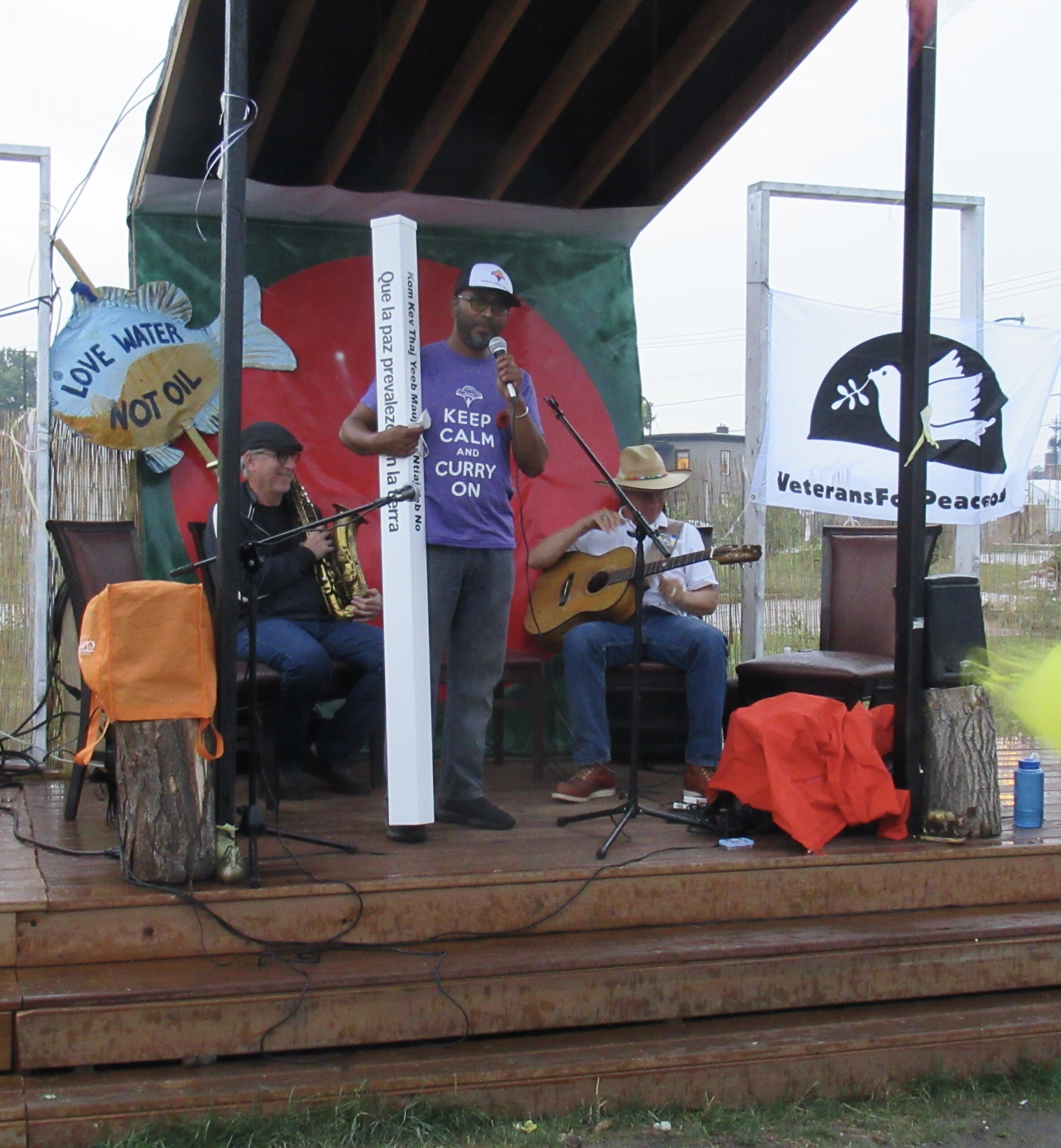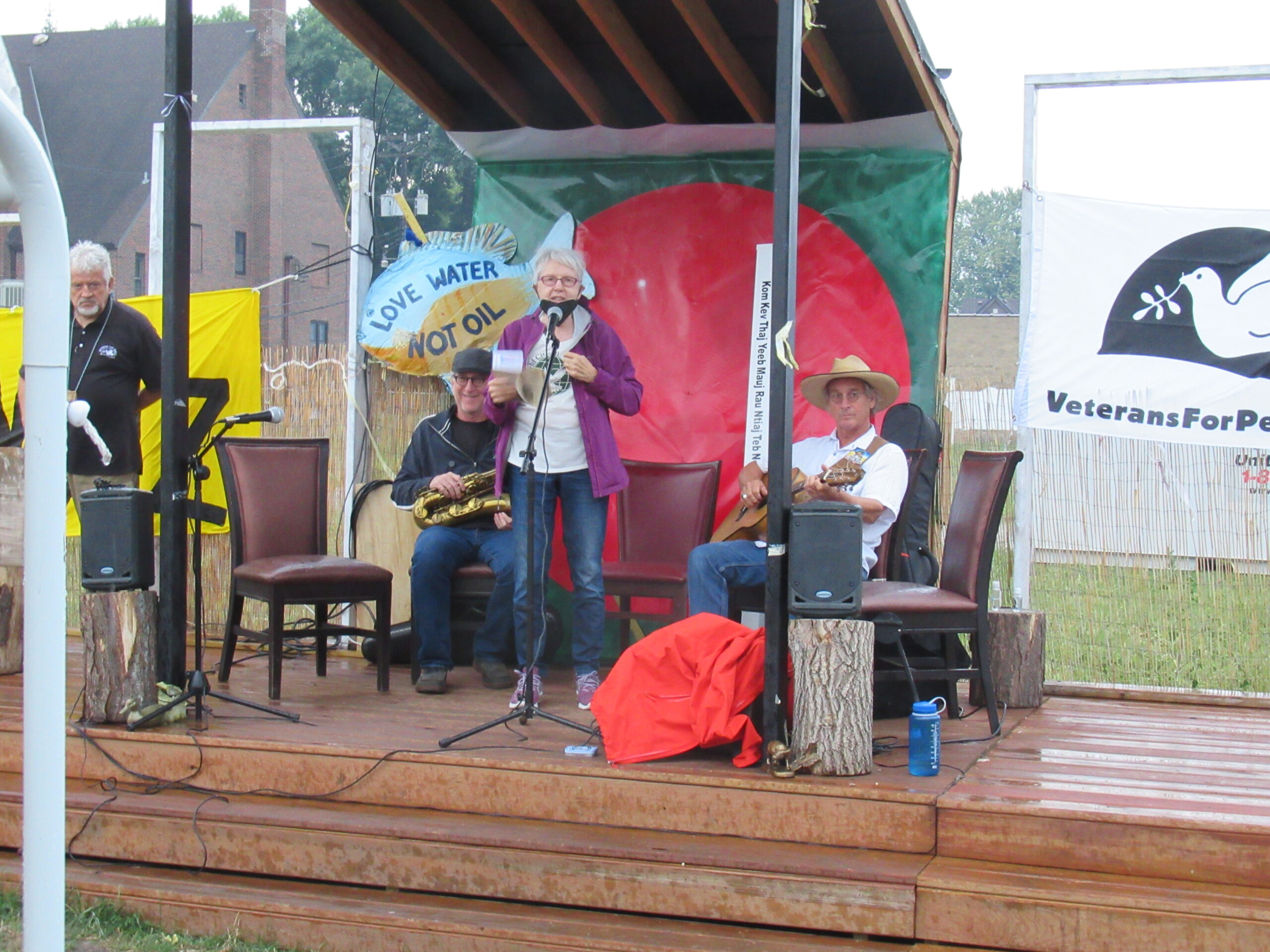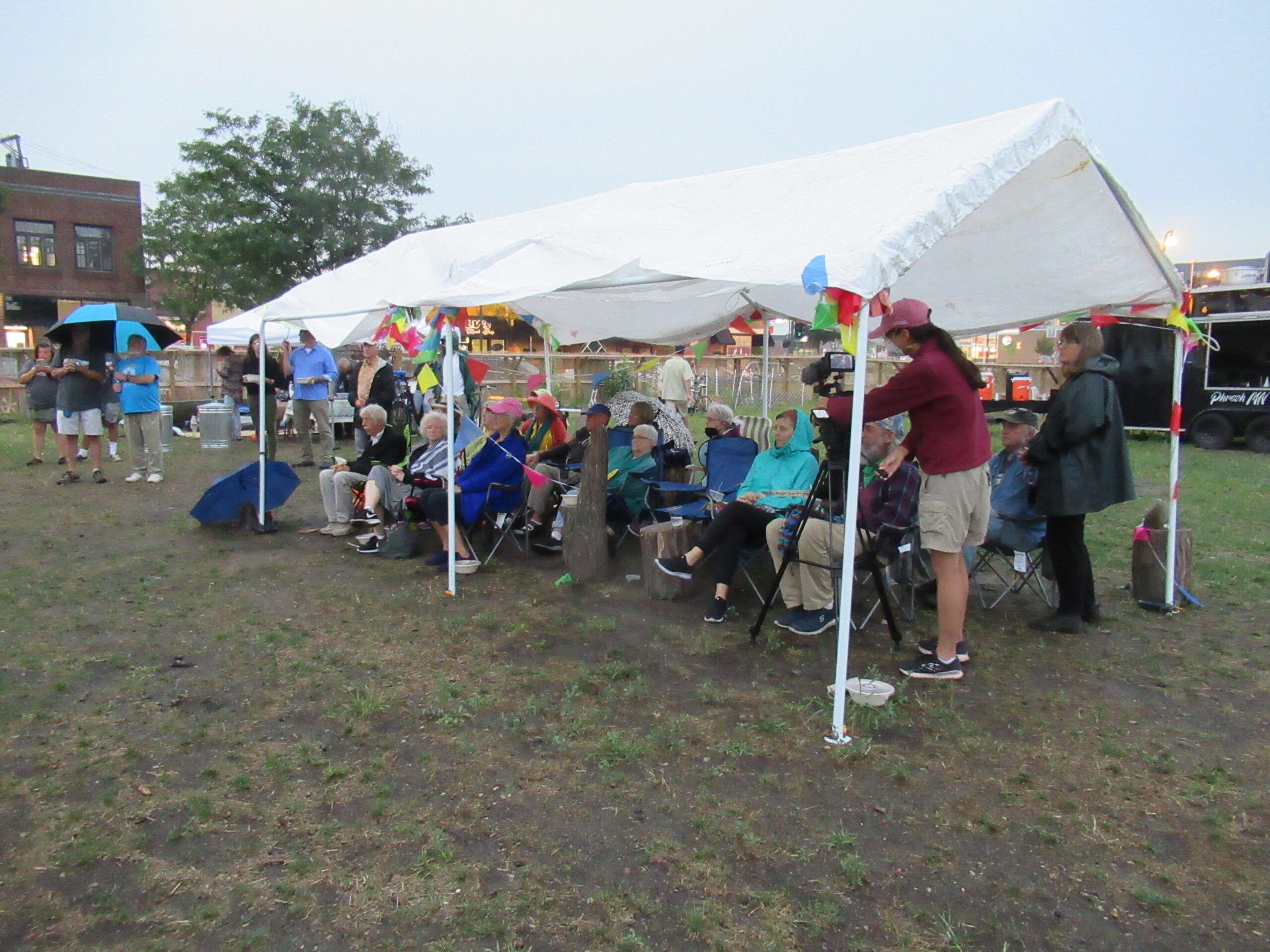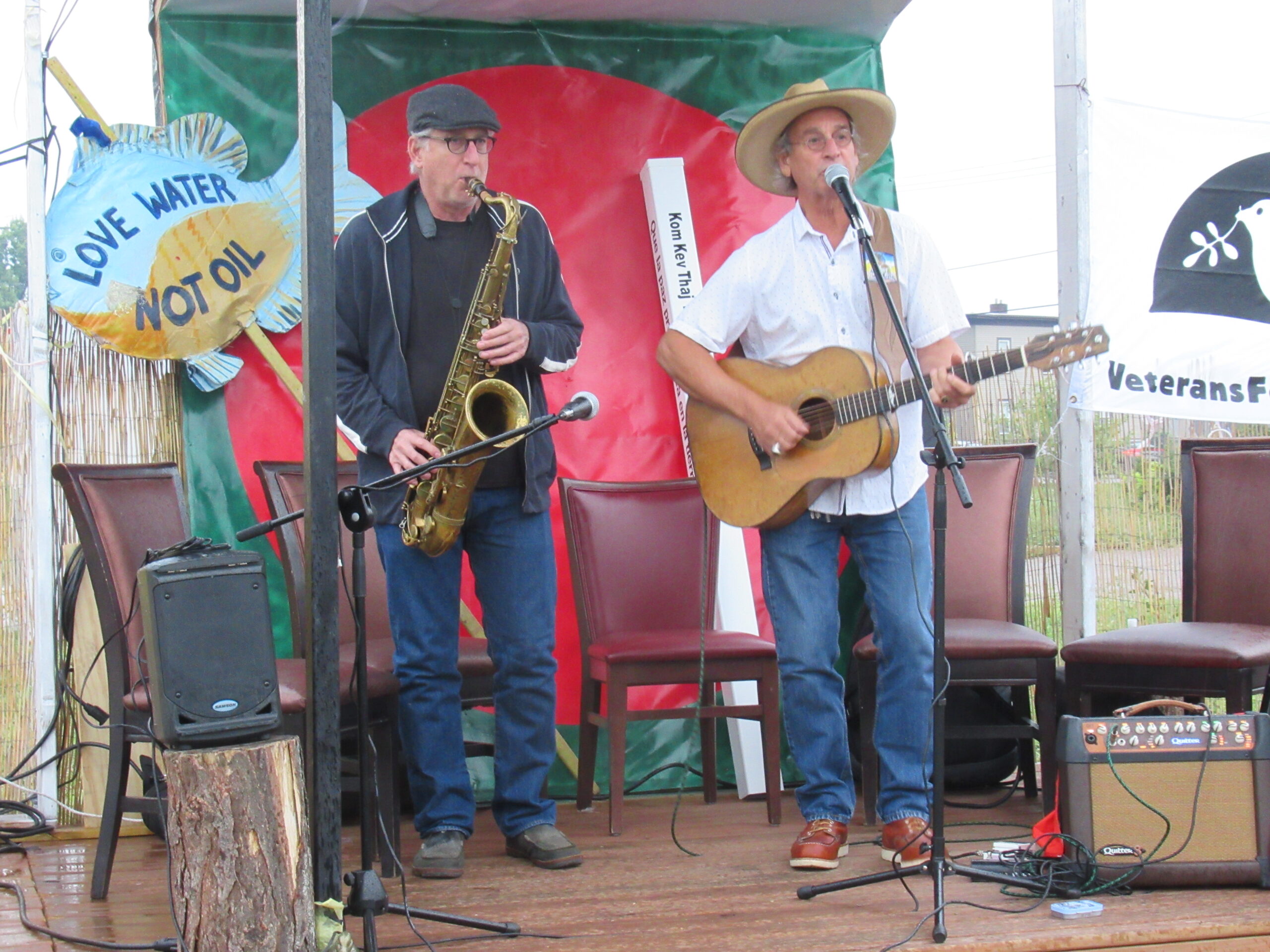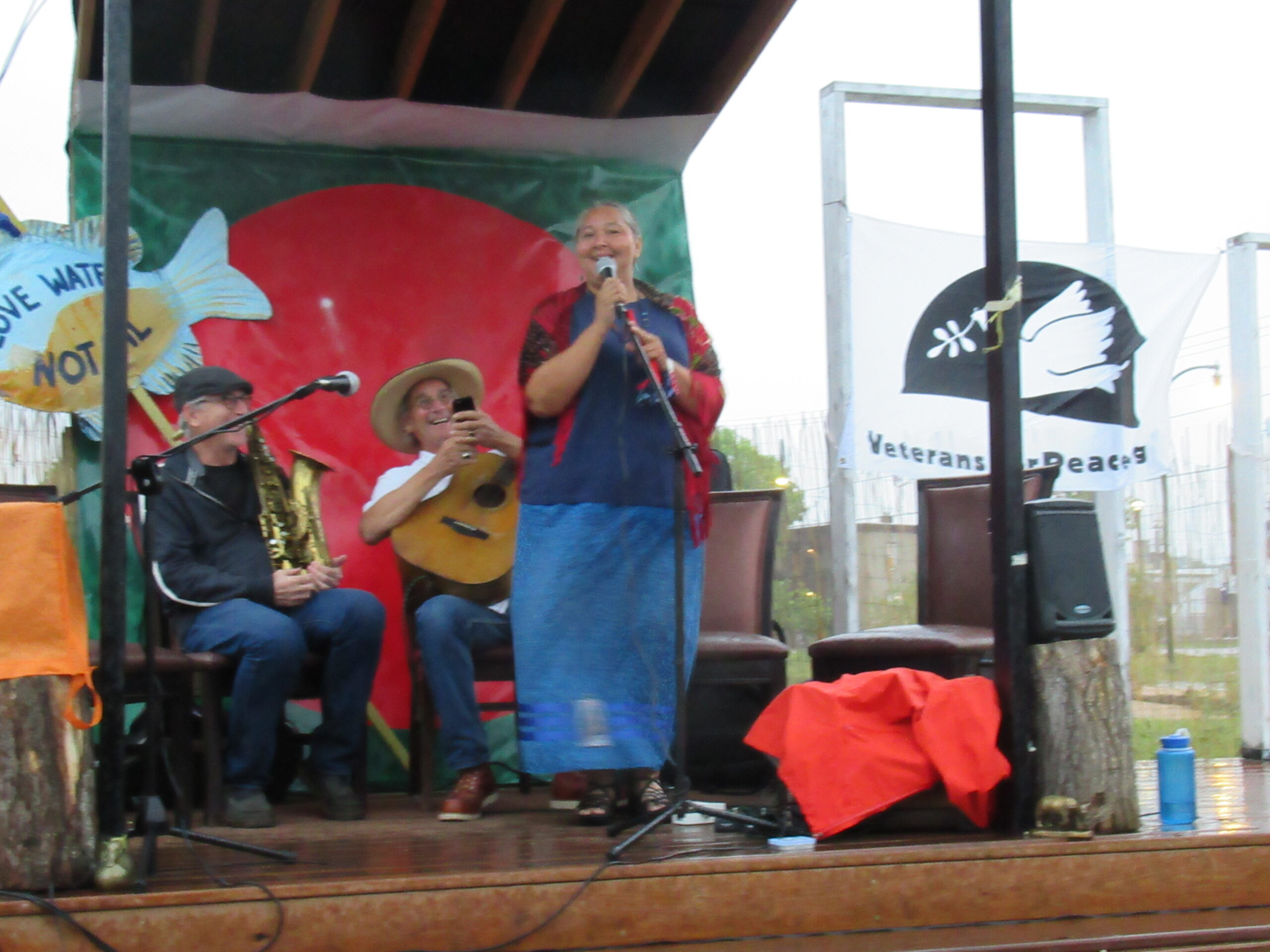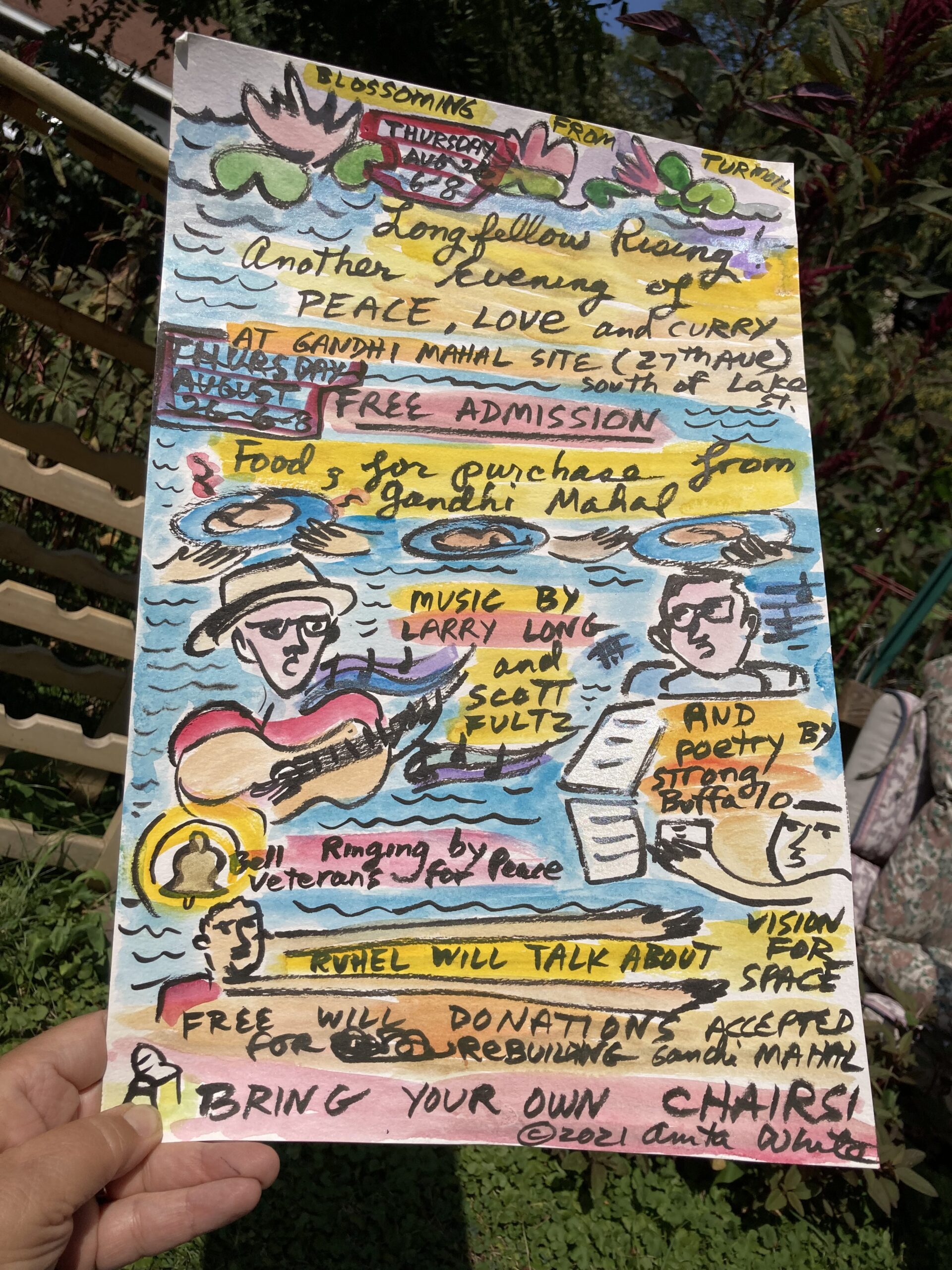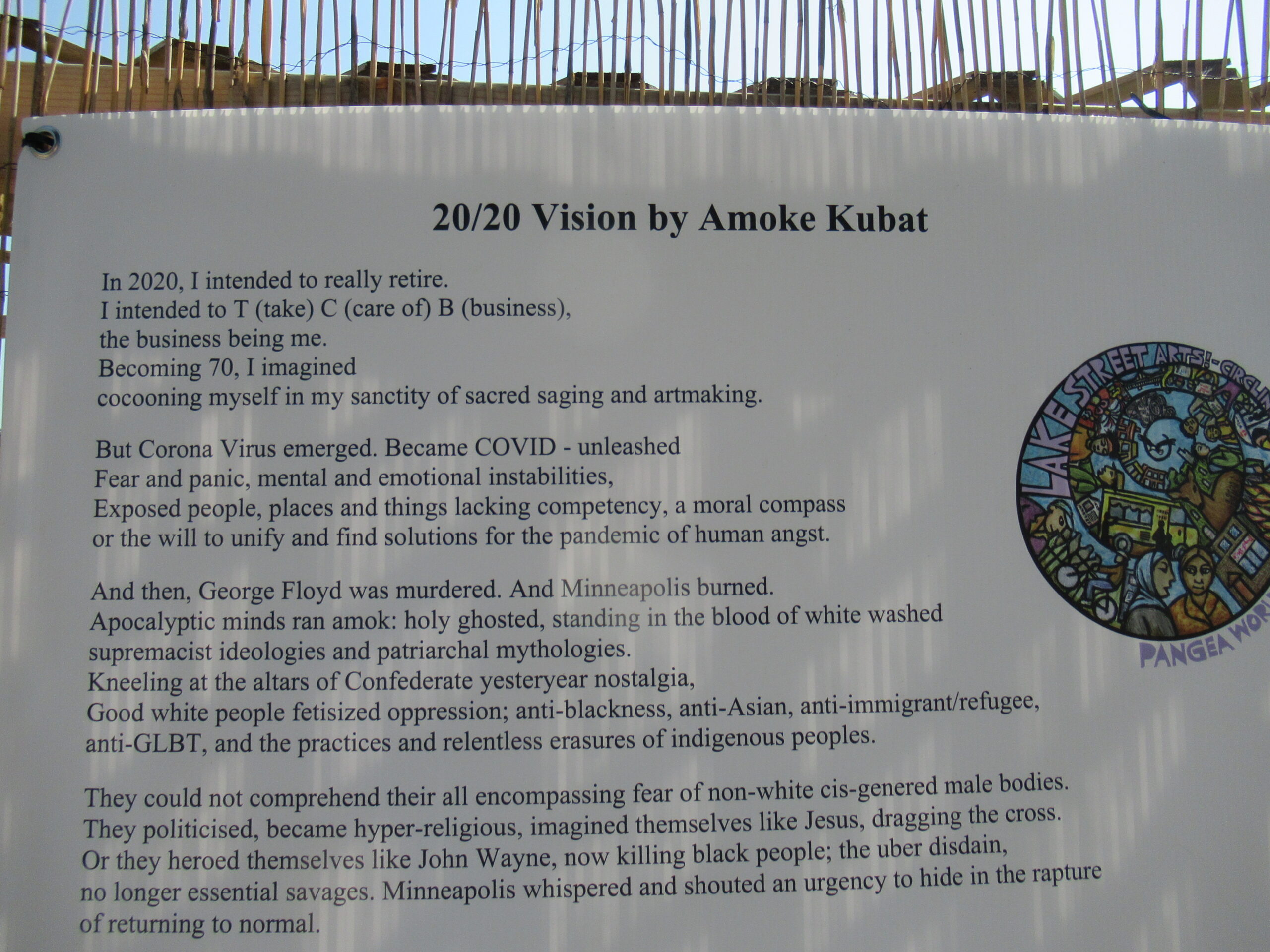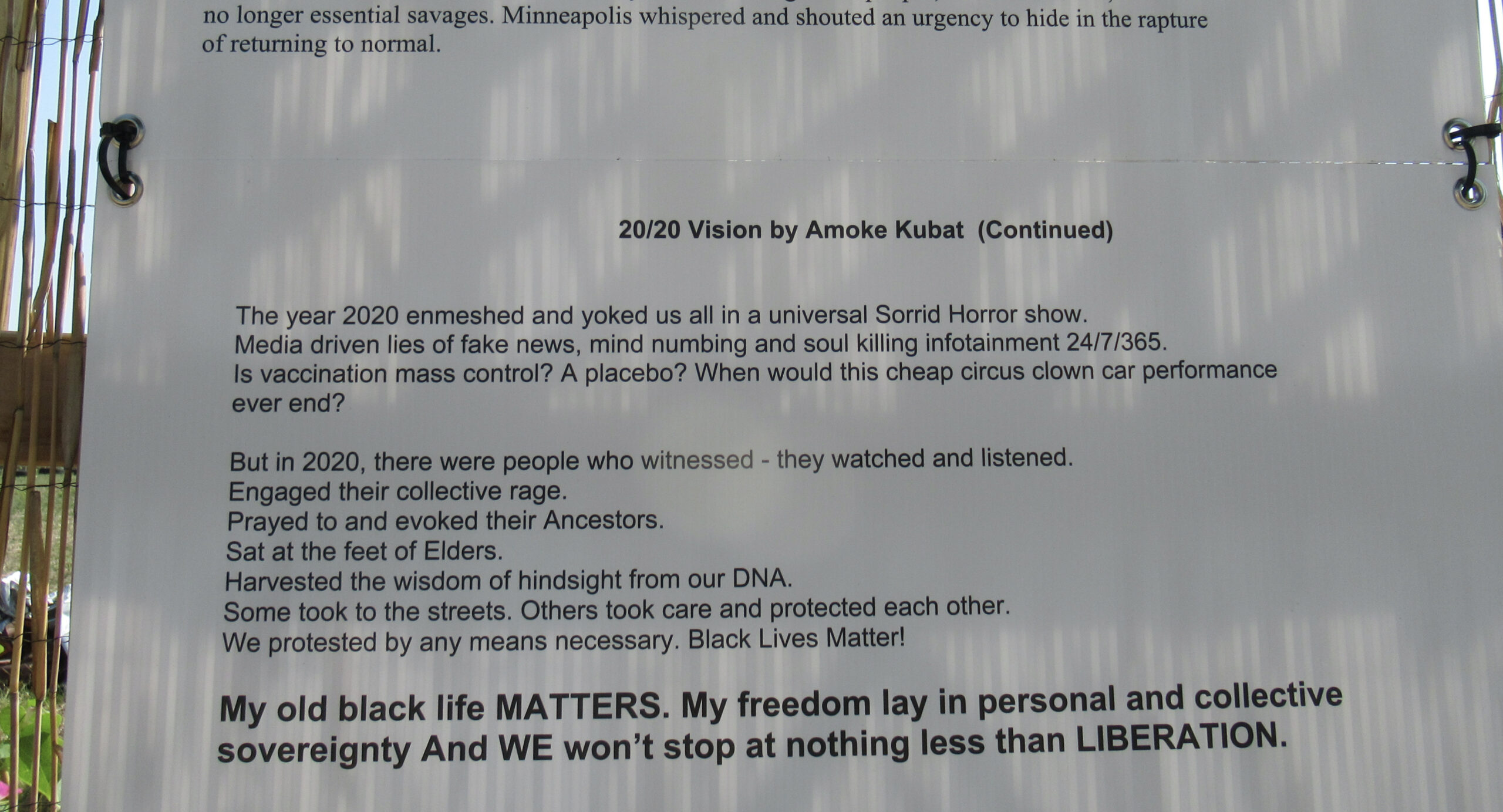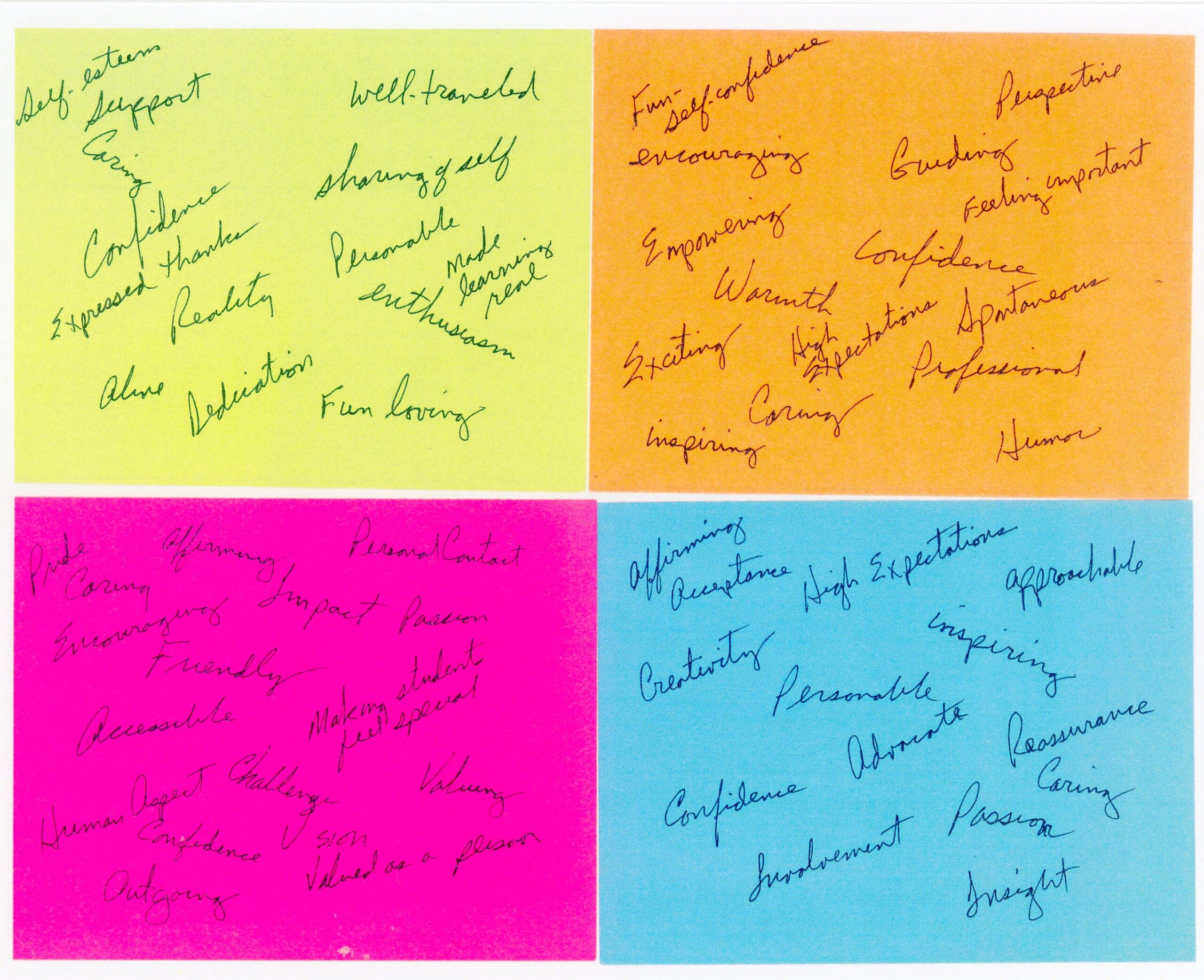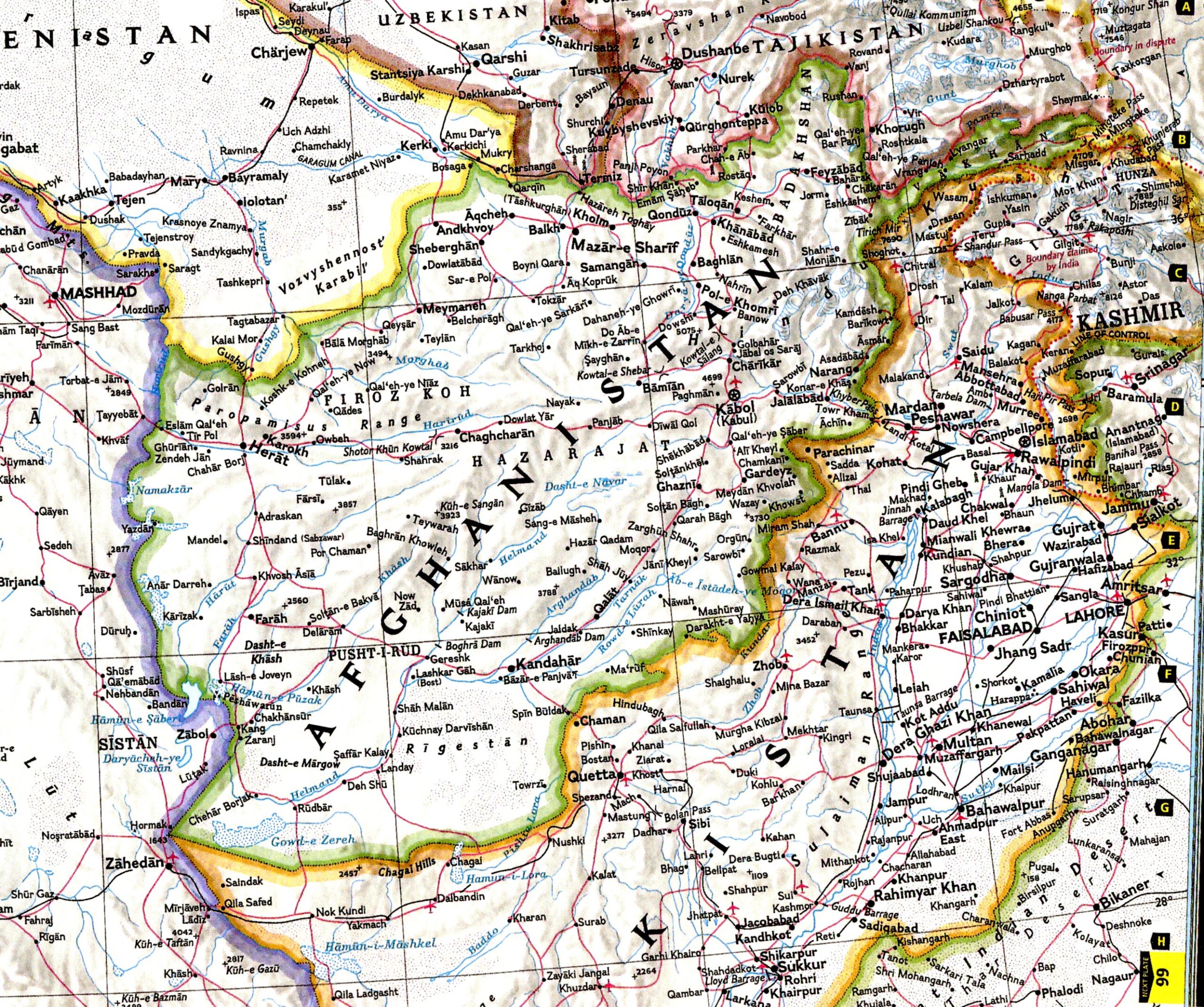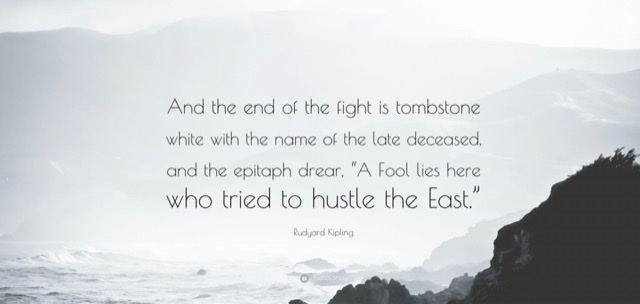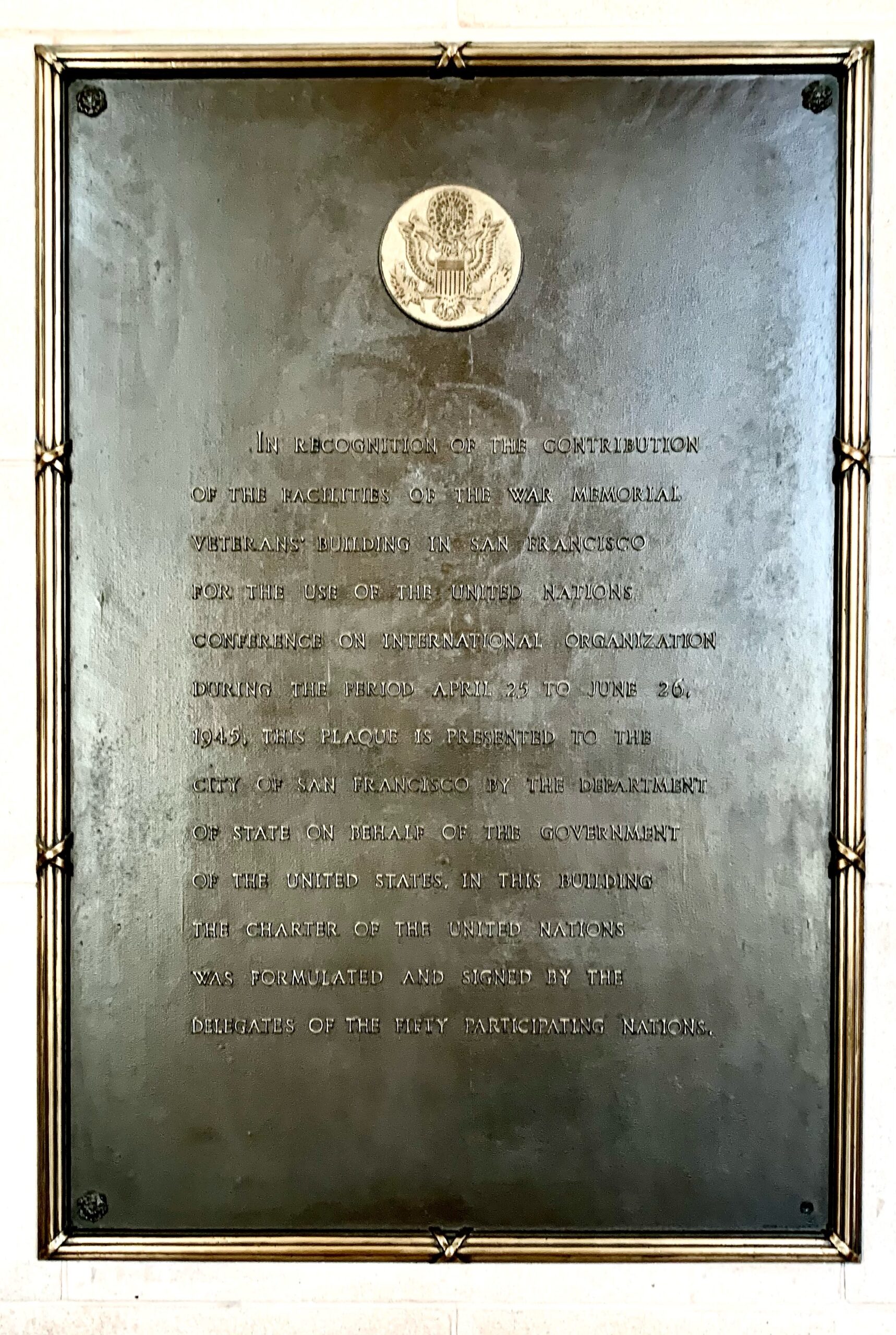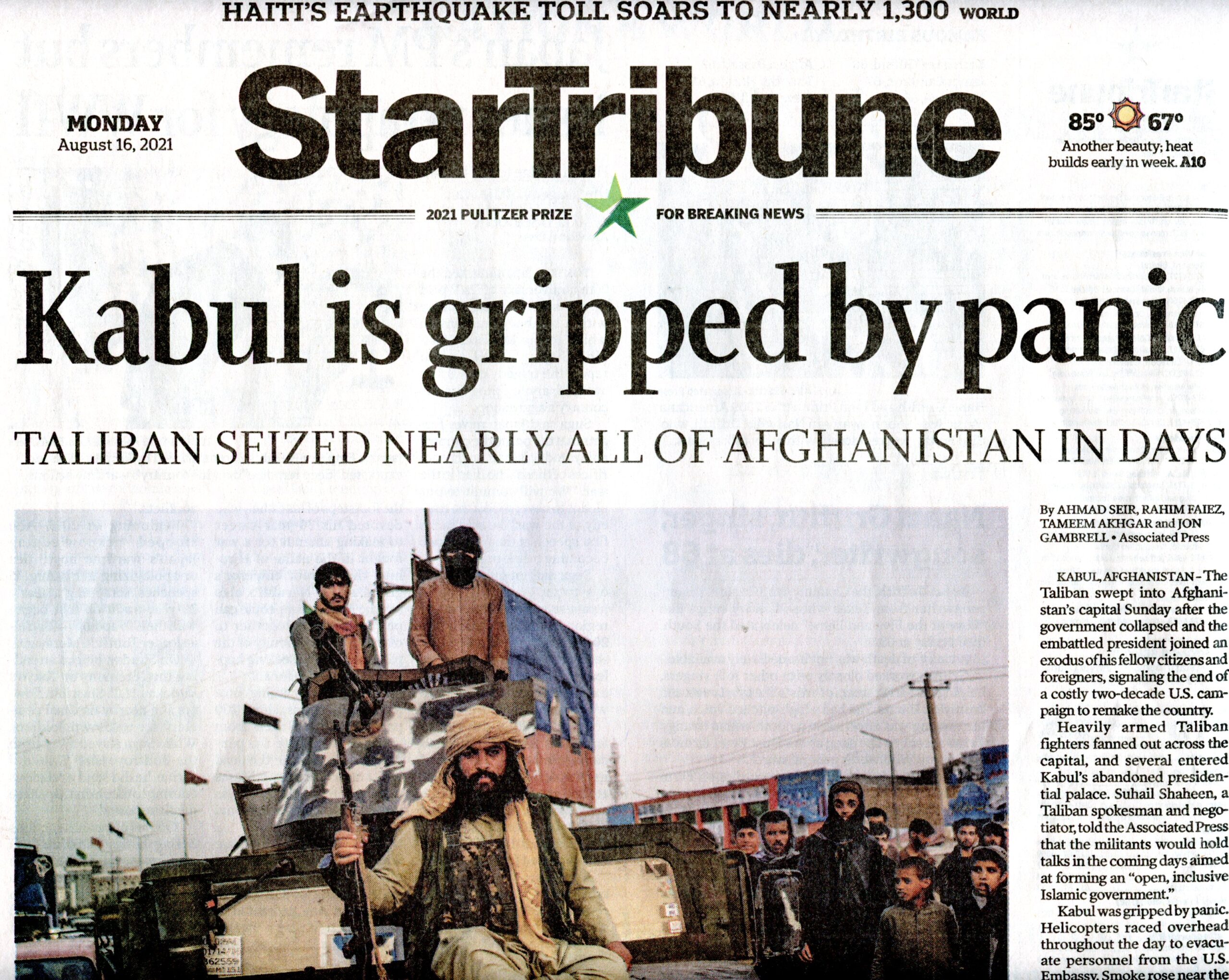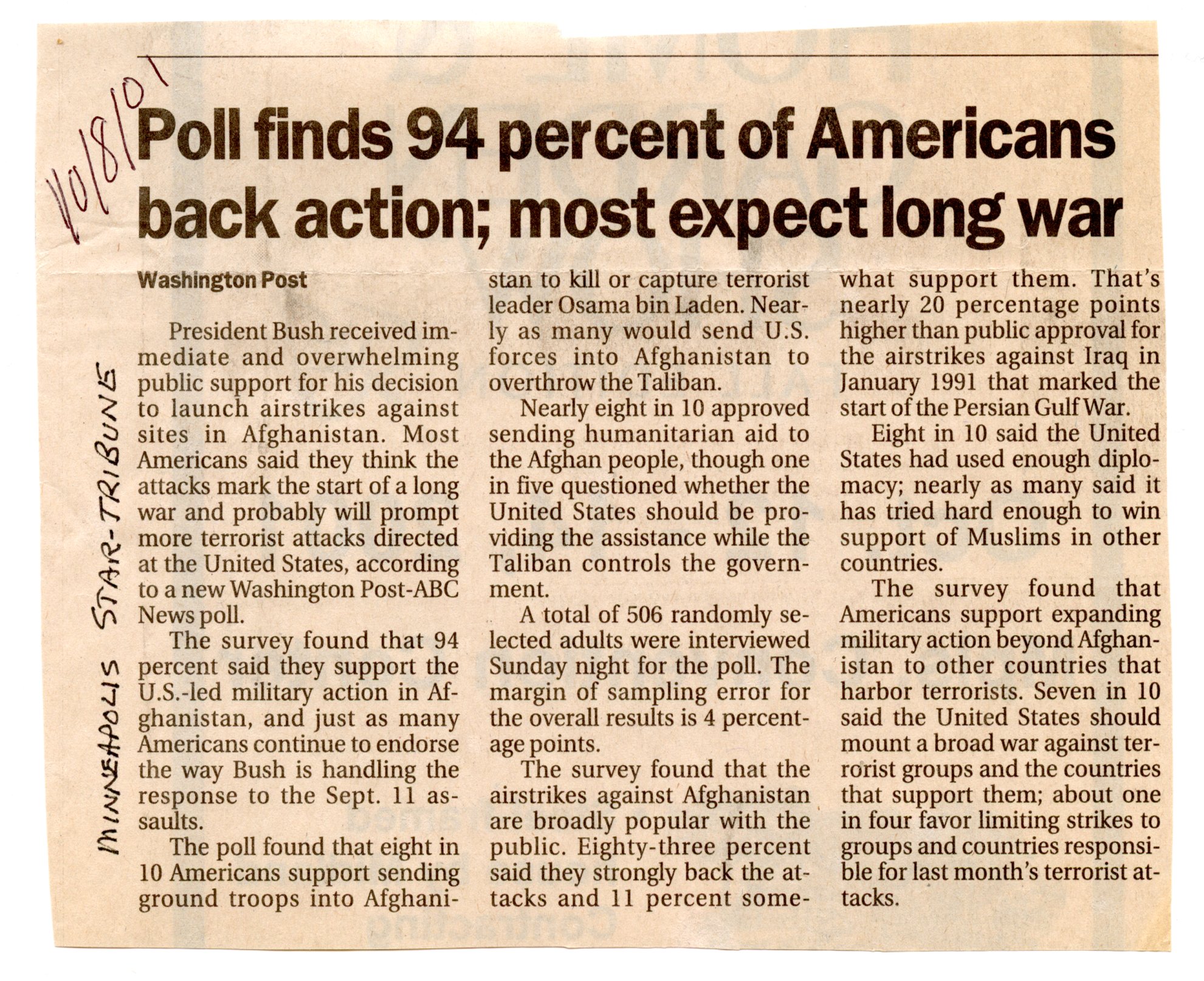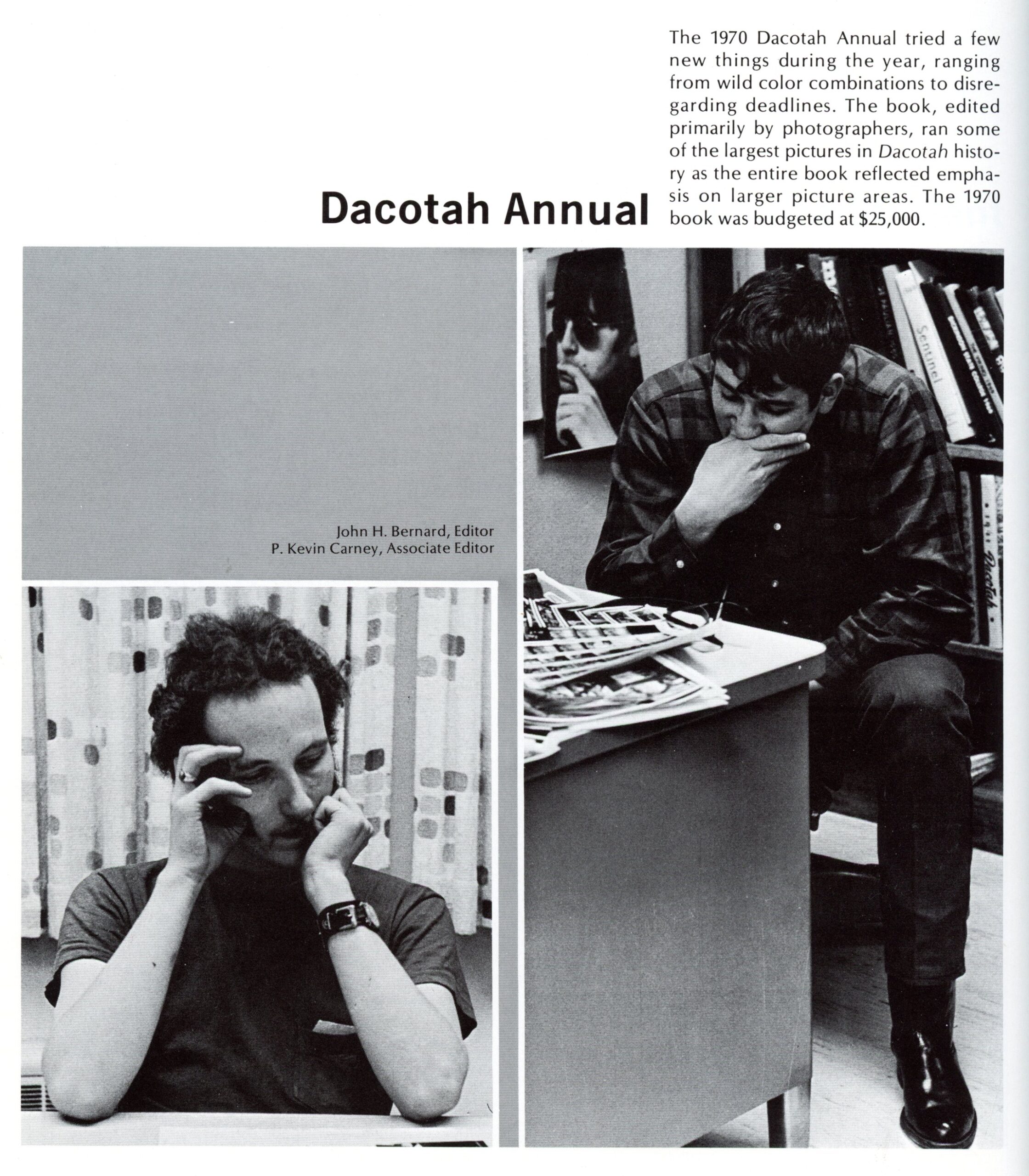Decay within.
Individual citizens, like myself, and you, will decide whether this experiment called the United States of America will succeed or fail. January 6 was the first and very major wakeup call about a genuine crisis attacking our democracy. The assault continues. We sit idly by, and we invite disaster.
Related posts: August 30 and September 6.
*
This morning, as every morning, I delivered the Sports section of our paper across the driveway to our neighbor, then off for coffee.
We live in a town home, and share a driveway with three other families. Rick, whose home adjoins ours, was in the doorway of his garage. He’s often out early, the same time as I, and we’re casual friends. Good folks, good neighbors, both ways. This day Rick wanted to talk, and said he was reading a book about how America is destroying itself from within by Mark Levin. It puzzled me. First time in all the years I’ve known him that a political topic has ever come up. I know the family politics – polar opposite of ours – and I said I didn’t know of the book, nor Mark Levin; that what he posed would probably take a very long conversation. We went on with our respective day.
Back home some time later I google’d “Mark Levin destroying itself from within”. Levin’s a long-time conservative commentator, and there was a book with a similar thrust that he authored in 2005. That book is my best guess what Rick was talking about. (2005 was 16 years ago, the first year of George Bush’s second term, and we were full tilt into the Iraq War at the time.) If you’re curious, google it.
The previous evening had come an e-mail from a relative, a retired PhD in political science in Montreal. At the end of his e-mail he said “I’m reading a lot about the state of democracy in the States. Fascinating but scary.” The e-mail came at 8:29 p.m.
At 7:36 had come another e-mail from a good friend about the Supreme Court non-decision on the new Texas abortion law: “How did only 80,000 Nazi officers control Germany, a country of 60 million? By identifying “the enemies” and asking citizens to report their fellows to the Gestapo or other Nazi group for persecution and/or death. Turn citizen against citizen. Divide and conquer.”
If you follow the news at all, you can probably gather the drift. Vigilantes are being empowered. To those who say “good”, be very careful what you pray for.
The non-decision by the U.S. Supreme Court in the Texas case on Wednesday is the immediate most recent cause, but the rainstorm has become a flood of epic proportions particularly since a certain person lost the 2020 election by over 7 million votes. But the raining on democracy itself began long before, consciously and deliberately, by operatives wishing to take permanent control of this government, supposedly “of the people, by the people and for the people“.
Heather Cox Richardson catches the essence of some of the critical political history here. It’s not a long read, but a good one. She’s not the first I’ve heard, recently, talk about “dog catches car” – it’s more fun to chase the car, than to catch it. What do you do when you win? I would suspect the Taliban has that quandary in Afghanistan ‘as we speak’. So did the Nazis, when their “1,000 year Reich” began to unravel only 10 years into their regime. Be careful what you pray for. Yes the victims can also be the perpetrators.
But this is a deadly serious matter and we are well advised to take our heads out of the sand. If we give a damn, we get to work. It’s our gig, not someone else’s. One person, one action at a time.
Personally, I’m struggling with how best to address another e-mail I got from a relative last Sunday. This one was one of those insane “forwards” which ends “Author unknown”. It is the laundry list of the radical right fears and hates. Here is the forward in its entirety: Ken anon letter Aug 28 2021. The handwritten comments are mine. I apologize for the brevity. It would take many pages to do justice in a response. I expect to add somewhat more detail to my response to this, perhaps this weekend. Check back. [Sep 5. See postnote.]
As for the “author unknown”, I’ve watched this evolve over the years in the misinformation industry. In the naive old days, which are really fairly recent, they would attach a real name to a quotation even if the person named was not responsible for the quote, which may or may not have been true. The most recent example that comes to mind was a quote by Abraham Lincoln I saw in a North Dakota church bulletin a couple of years ago. Unfortunately, there are people keep close tabs on Lincoln’s quotations, and it was an easy search to find out that Lincoln never said what was attributed to him in the bulletin.
The Priest apologized to me, and said he got a sheet including such quotes from parishioners he trusted…just how this works. He was conned by his own flock. Did he learn his lesson? He’s in another state. I don’t know.
If you look at the Ken letter, and I recommend that you do, what you have by this prolific and infamous author, “anon”, is a listing of things that a certain group of people fear or hate.
Caveat emptor.
Some ideas for a long weekend:
- Last Monday I had the opportunity to watch, for the first time, the film Hunger Games (2012). It is worth your time. It is fiction, but it is thought provoking. It was a very successful series of books and movie.
- You probably know the name “Julian Assange“. Whatever your personal feelings about him, an organization in which I’m active is offering a particular opportunity between now and September 16. All details are here. Scroll down. Preregistration is required if you wish to join the program; the films are available on line and on your own. Watch before the conversation.
COMMENTS:
from Jane: Every woman has a right to choose whether or not to give birth. And every woman also has a right to choose whether or not to get an experimental injection that is proving to be more dangerous in many instances than COV$D itself.
response from Dick: I decided to ask Center for Disease Control (CDC) about this first. Here. Then I went to the link provided by Jane, which is here.
from Marion: Thanks, Dick. I read the link. Most of it either new to me or lost to my 94-year-old memory.
POSTNOTE Sep. 5, from Dick: I don’t see any reasonable way to confront “Ken anon” (above). It would be evidence against feelings, and if feelings dominate, evidence will make no difference whatsoever to either the author (who will always be unknown) and the person who sent it to me in the first place. So, I’ll just let it be. I did rescan the pdf, in particular high-lighting words and phrases which seem most relevant to the sender.


